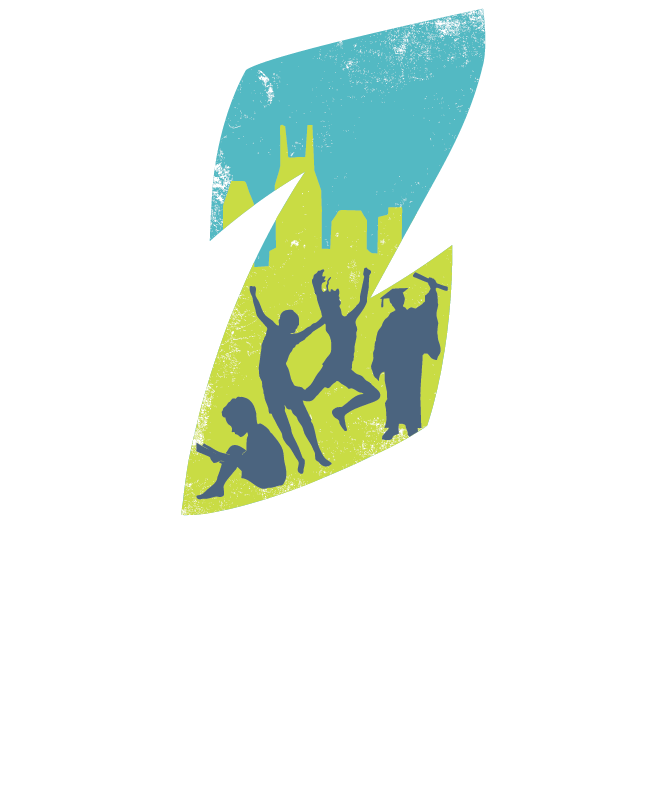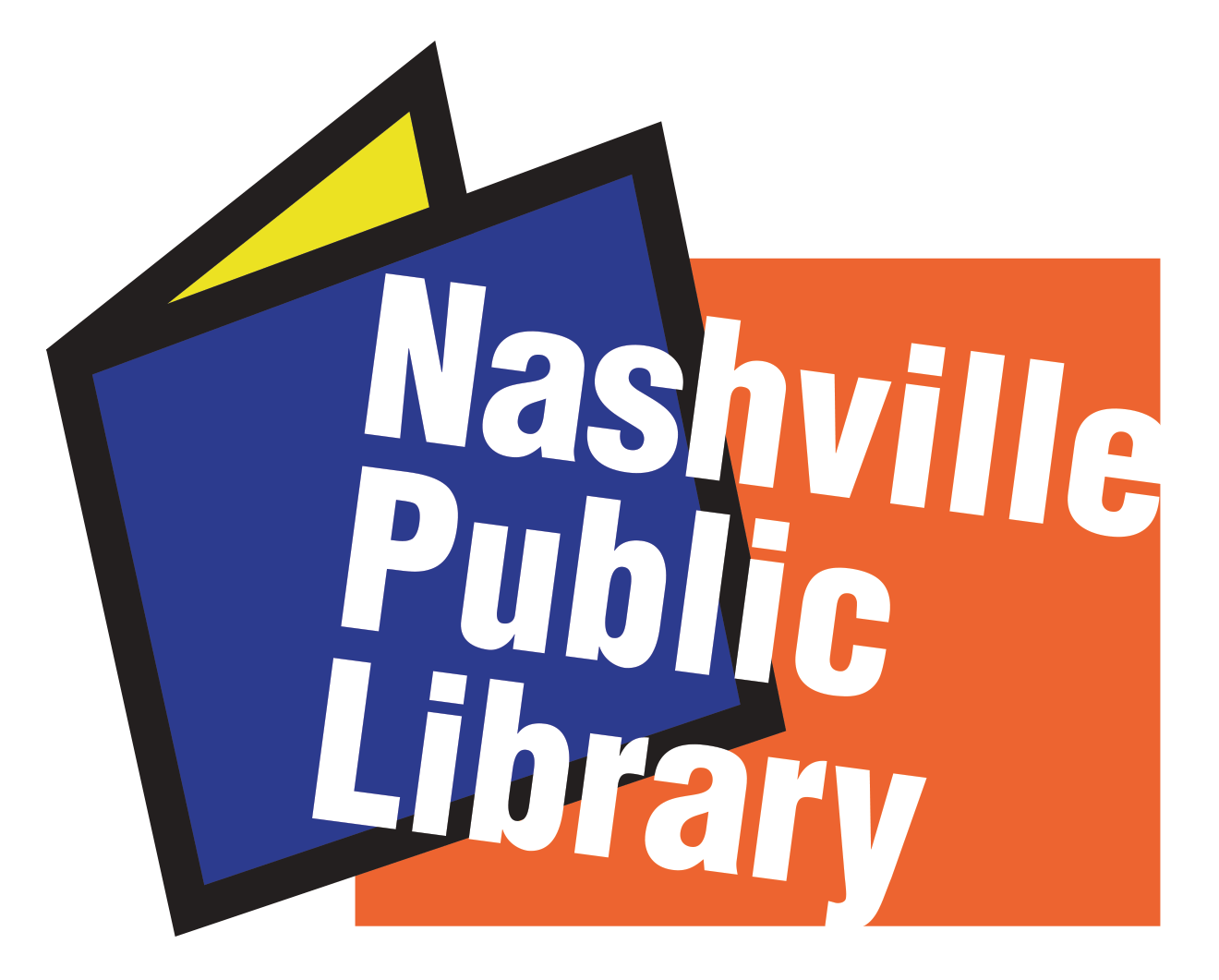NAZA’s funding for afterschool and summer programs enables access to quality programs for all the young people who attend given schools or live in the neighborhoods where these programs are offered. While this approach ensures equity of access, we realized that young people who may not currently be in the schools or in the neighborhoods where regular programs are being offered needed additional developmental opportunities to support them where they currently are.
NAZA, in partnership with the Juvenile Court and MNPS, designed a project funded by the Wallace Foundation that focuses on young people who are involved in alternative learning centers or the juvenile justice system and are currently either in the detention center or are supervised by the Court to receive targeted youth development services.
A youth development organization has been selected to offer programming inside the detention center to focus on building key social and emotional skills and provide guidance to young people on how to navigate the reality they are in, as well as provide them with information and options available upon their release. Additionally, a case management approach is applied to those young people who are released from the detention center to help them reconnect with their school and community by providing essential supplies and facilitating reconnection with the hope to prevent recidivism and repetition of unwanted behaviors.
Another youth development agency is working with the court-supervised young ladies to offer them mentorship and small group work to help build social and emotional skills to strengthen the connection with their school and community; to help them explore opportunities, interests, and talents; be part of field trips; and explore career and development opportunities so that they can complete their probation successfully and move on a more positive path.
Another intervention has been designed in partnership with Johnson Alternative Learning Center leadership to bring in the third youth development partner to offer a one-on-one mentorship program to freshmen and sophomores currently enrolled in the center. The goal is to provide young people with information and opportunities of positive engagements, engage them in field trips to explore educational and career opportunities that may fit their interests, and help them build essential social and emotional skills that will keep them focused on their successful life pathway by setting goals and keeping up with those. The core of this mentorship is to build lasting and positive relationship with adults and peers who can help these young people navigate through their temporary challenges.
The data collected through all three pilot initiatives will be discussed with the partners to design solutions for sustainable funding for these initiatives if the outcome is positive.


